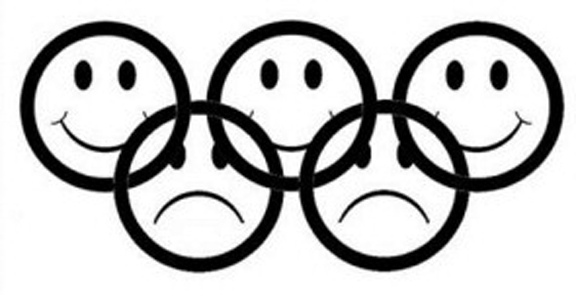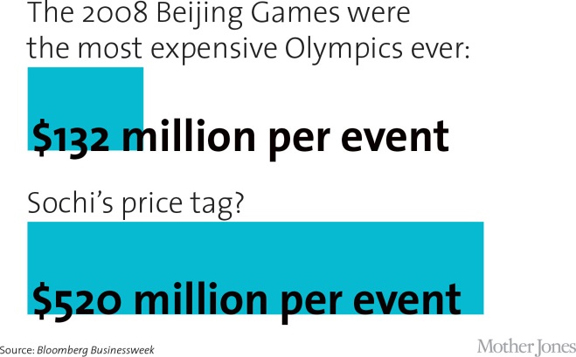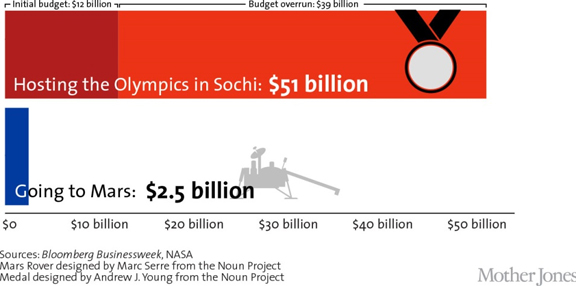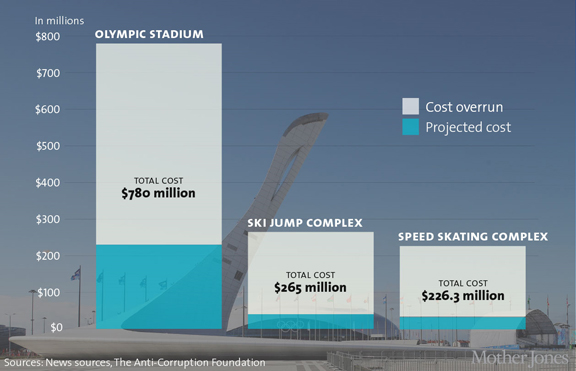(Guest contribution)
The 2014 Winter Olympic Games recently ended and although Guyana did not participate in these Games, they did reveal some very relevant issues particularly with respect to fairness and corruption. The Olympic Charter states: “The practice of sport is a human right. Every individual must have the possibility of practicing sport, without discrimination of any kind and in the Olympic spirit, which requires mutual understanding with a spirit of friendship, solidarity and fair play.”
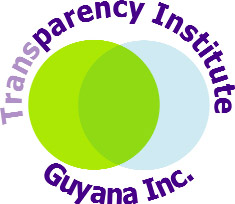 Being a former national level athlete myself, I have experienced many different “versions” of how people perceive what is “fair.” During my young, competitive years, much of it did not make sense because many people did not act according to what I thought was “fair.” The dictionary definitions explain that “fair” is “treating people equally without favouritism or discrimination,” and “agreeing with what is thought to be right or acceptable.” The problem we have here is the subjectivity in the words “equally” and “thought to be”. What may be equal in one’s eyes and understanding, may not be equal in another’s. Likewise, what one person may think is right or acceptable, may not be the same for another person.
Being a former national level athlete myself, I have experienced many different “versions” of how people perceive what is “fair.” During my young, competitive years, much of it did not make sense because many people did not act according to what I thought was “fair.” The dictionary definitions explain that “fair” is “treating people equally without favouritism or discrimination,” and “agreeing with what is thought to be right or acceptable.” The problem we have here is the subjectivity in the words “equally” and “thought to be”. What may be equal in one’s eyes and understanding, may not be equal in another’s. Likewise, what one person may think is right or acceptable, may not be the same for another person.
“Fair” is synonymous with “just,” “equitable,” “impartial,” unbiased,” and “objective.” The risk exists when there are judges who determine your ultimate fate as well as officials who determine who competes for their country. Some may say that this is what competition is all about and that we, as athletes, need to just let it go. What happens when the country that you so patriotically want to represent is involved in behaviour that may be so right and acceptable in their eyes but according to global standards, there is a huge disparity in the balance of conflicting interests?
This year’s Winter Olympics were held in Sochi, Russia. Russia is being criticized all over the media for spending an excessive amount of money on the Games, suggesting that some of it is being used for corrupt purposes.
The former GOP presidential candidate for the United States, Mitt Romney, stated that, “Well, I really think so. You don’t need to spend $50 billion, as Russia has, or as China did, to put on Olympic sport. Olympic sport can be demonstrated at $2 [billion] or $3 billion.” (Sabrina Siddiqui. The Huffington Post. Mitt Romney: Russia’s Spending On Sochi Olympics ‘Could Be Going Into Corruption.’ February 16, 2014.)
A difference of US$47 billion is not mere lunch money. We are dealing with an act that epitomizes corruption. If, indeed, the Olympic Games, an international athletic tournament, can operate on a US$3 billion budget, where or who in the world is benefiting from the extra US$47 billion. With the exception of the Monopoly® game I play in my smartphone, I cannot fathom what US$47 billion would actually look like if I had possession of it.
The point is that corruption does not benefit the “people” as in the definition of “fair” mentioned earlier. So why is it so difficult for the “people” to fight against it when they are the majority?
Let me make the point of stating that I am an apolitical, non-partisan human being who just does not fit into the political species. Therefore, what I say is from the perspective of a citizen who works for his/her money and who spends according to what he/she works for. In the same breath, I am not accusing politicians of doing any of the above differently.
So, let us return to Sochi. Another article’s headline read: “Sochi Olympics plagued by corruption, greed, and financial ignorance.” (Christian Blatner. The Daily Cardinal, February 18, 2014.) In one sentence, we have “Olympics” which is supposed to embody friendship, solidarity, and fair play; “ignorance” which is a lack of knowledge, understanding, and awareness; and the root of this dichotomy, “corruption” which the dictionary defines as “dishonest or illegal behaviour especially by powerful people”, and “something that has been changed from its original form”.
Another Olympic example is in this headline: “Corruption sting follows Indian athletes to Sochi.” (C Rajshekhar Rao, Associated Press, February 12, 2014.) Indian athletes were not allowed to fly their flag at these Games because the Indian Olympic Association violated the International Olympic Association’s ethics. Although India had only three athletes, they could not compete for the glory of their nation. India’s top winter sports athlete, Shiva Keshavan, stated: “The whole world is watching and when the Indian flag does not fly, people know it’s because of corruption and it’s not a nice image for the country.”
So, it is fair to permit these athletes to compete because they are not part of the administrative handling of their Olympic Association but it is not fair that the country will not receive recognition if these athletes win medals. Corruption has changed what was supposed to be. A nation is supposed to teach its citizens how they must live and conduct themselves in an international arena but corruption diseased the nation itself.
How important is image? As citizens, we work very hard for the life that we live and for many citizens, they have first-hand experience of fairness. In many cases, it can be just blatantly obvious especially when persons are not performing duties outlined in their actual job descriptions. When external forces affect the way we live and our international mobility, we are suffering the effects of corruption.
This country is changing. Some will say for the better and some will say for the worse. Some, like me, still have hope but that hope can only be realized if every citizen (even the powerful) is more concerned about the image of the country and what is fair for the citizens.
Guyana is significantly smaller than India yet Guyana’s image, on an international scale, is significantly lower (i.e. Corruption Perceptions Index 2013). If you are a born Guyanese, you will forever have your birthplace on whichever country’s passport you acquire. If Guyana’s image is one of corruption, it will automatically reflect on your image. Is that fair?

